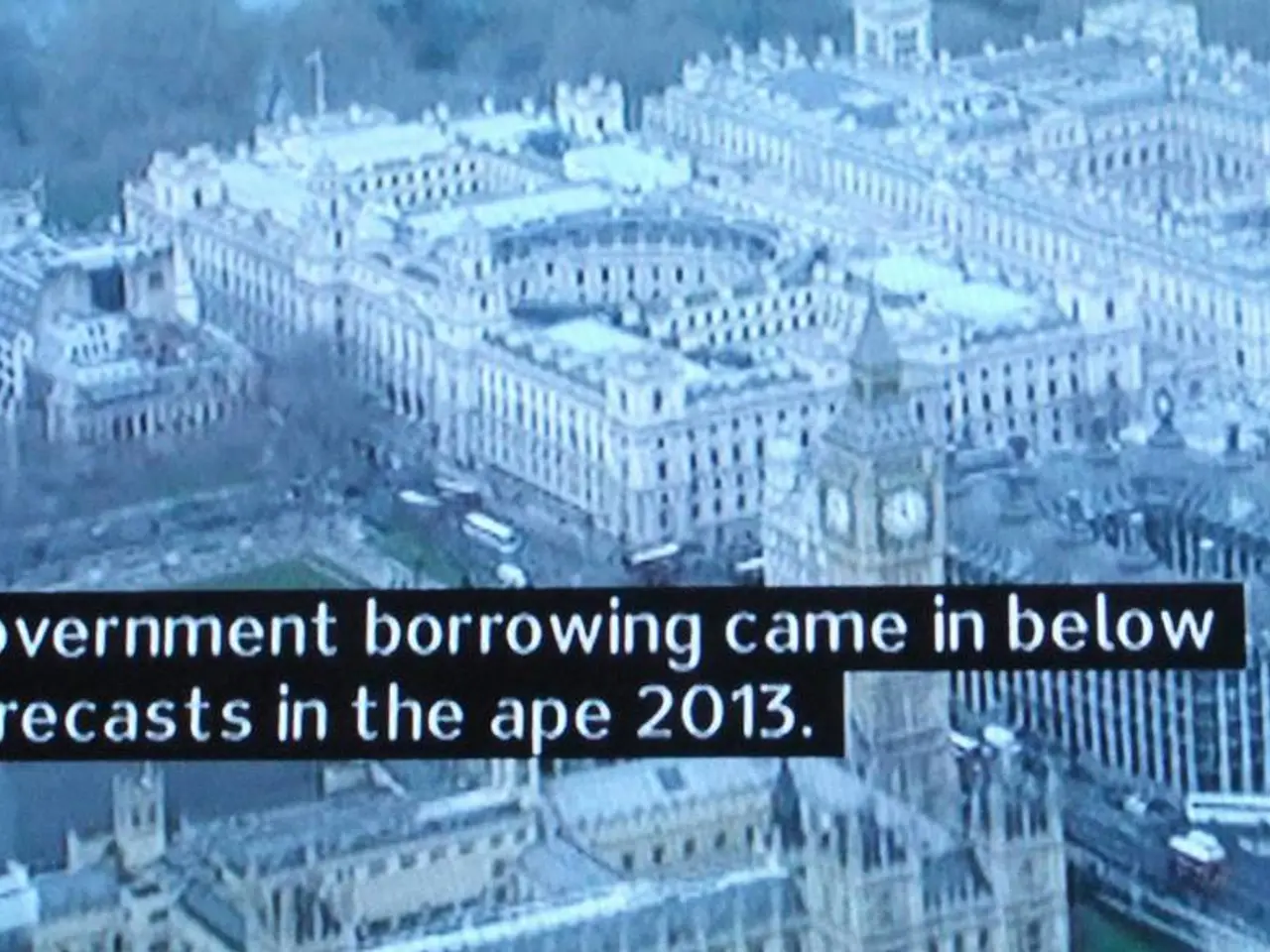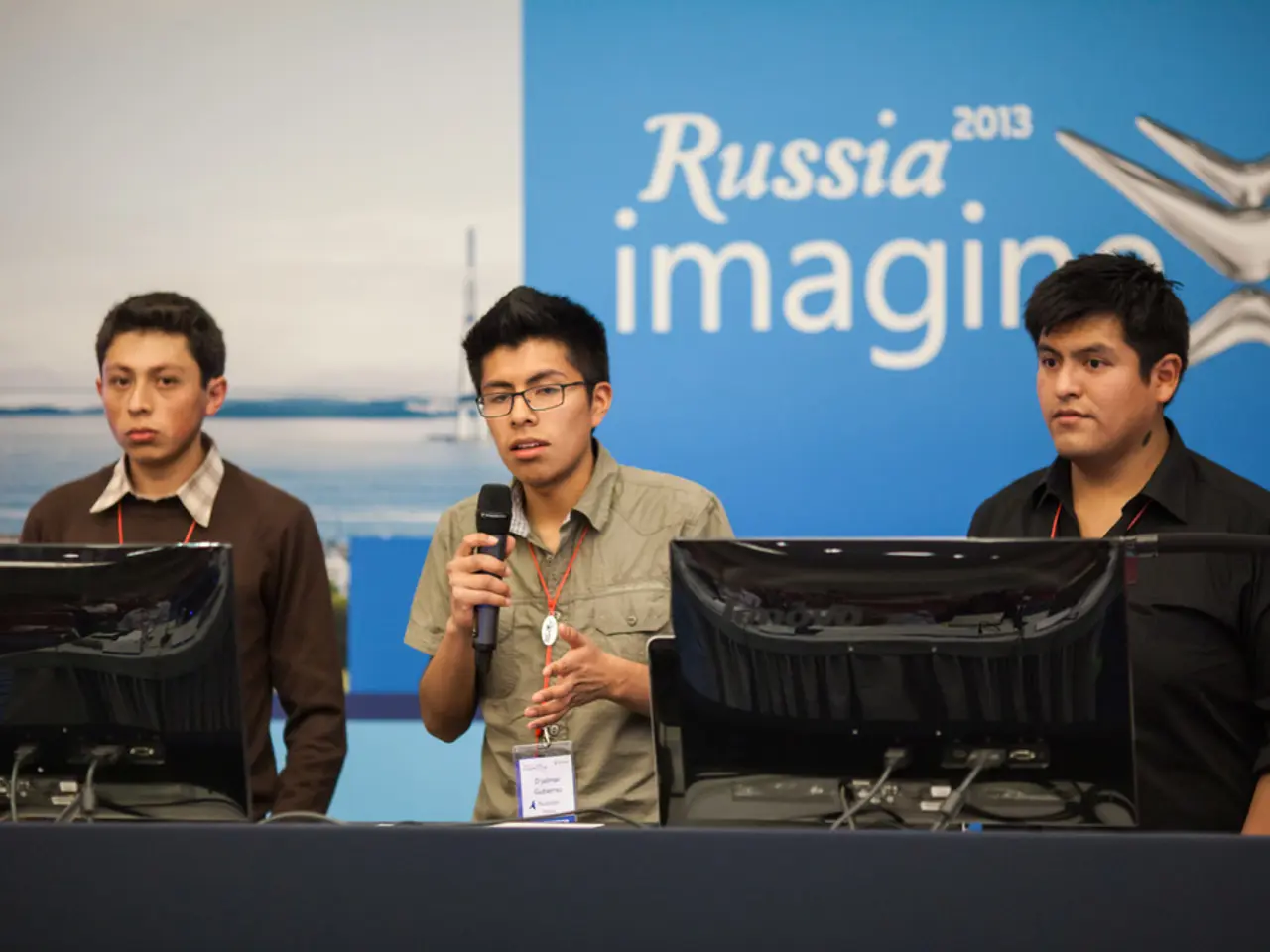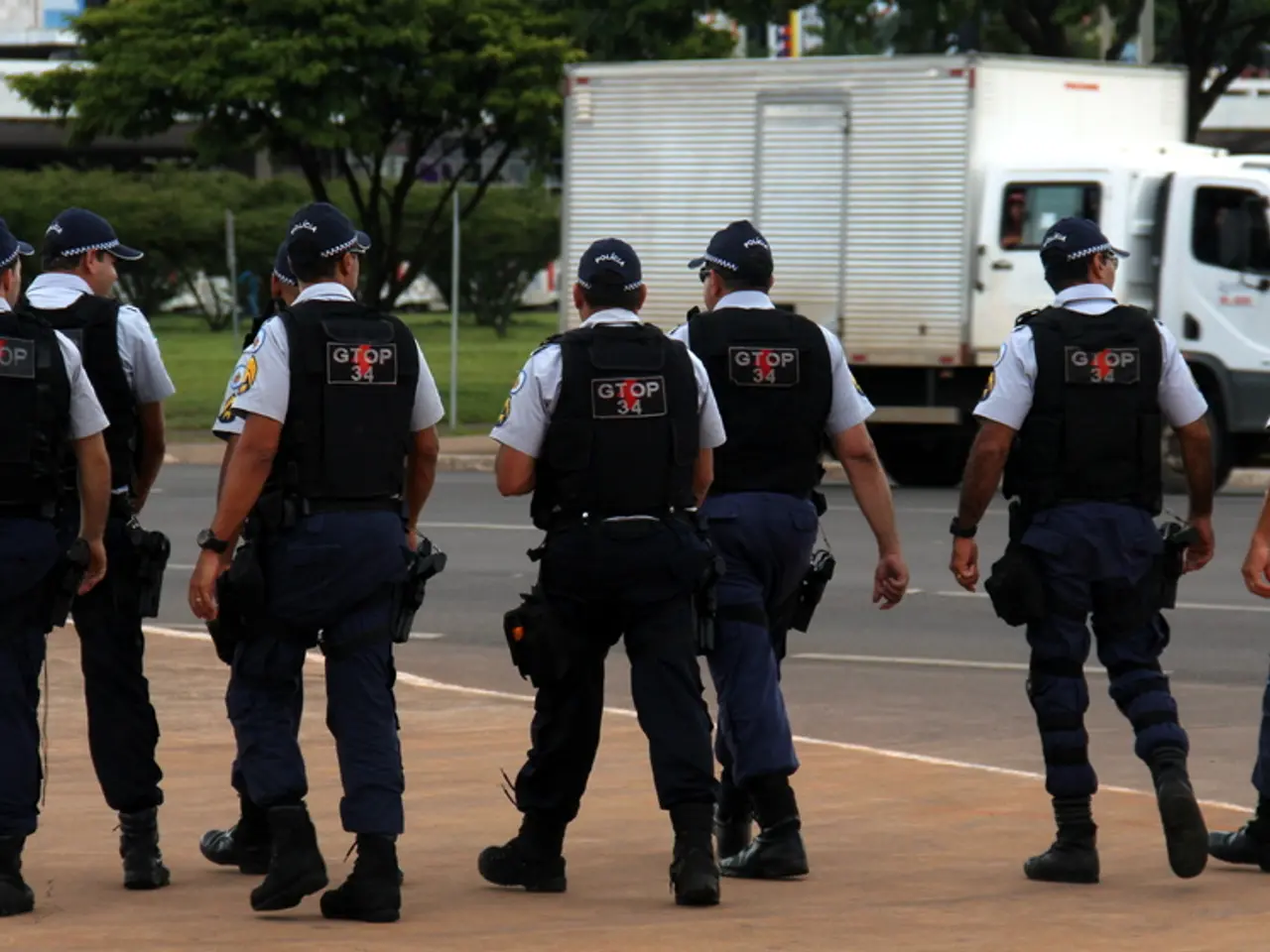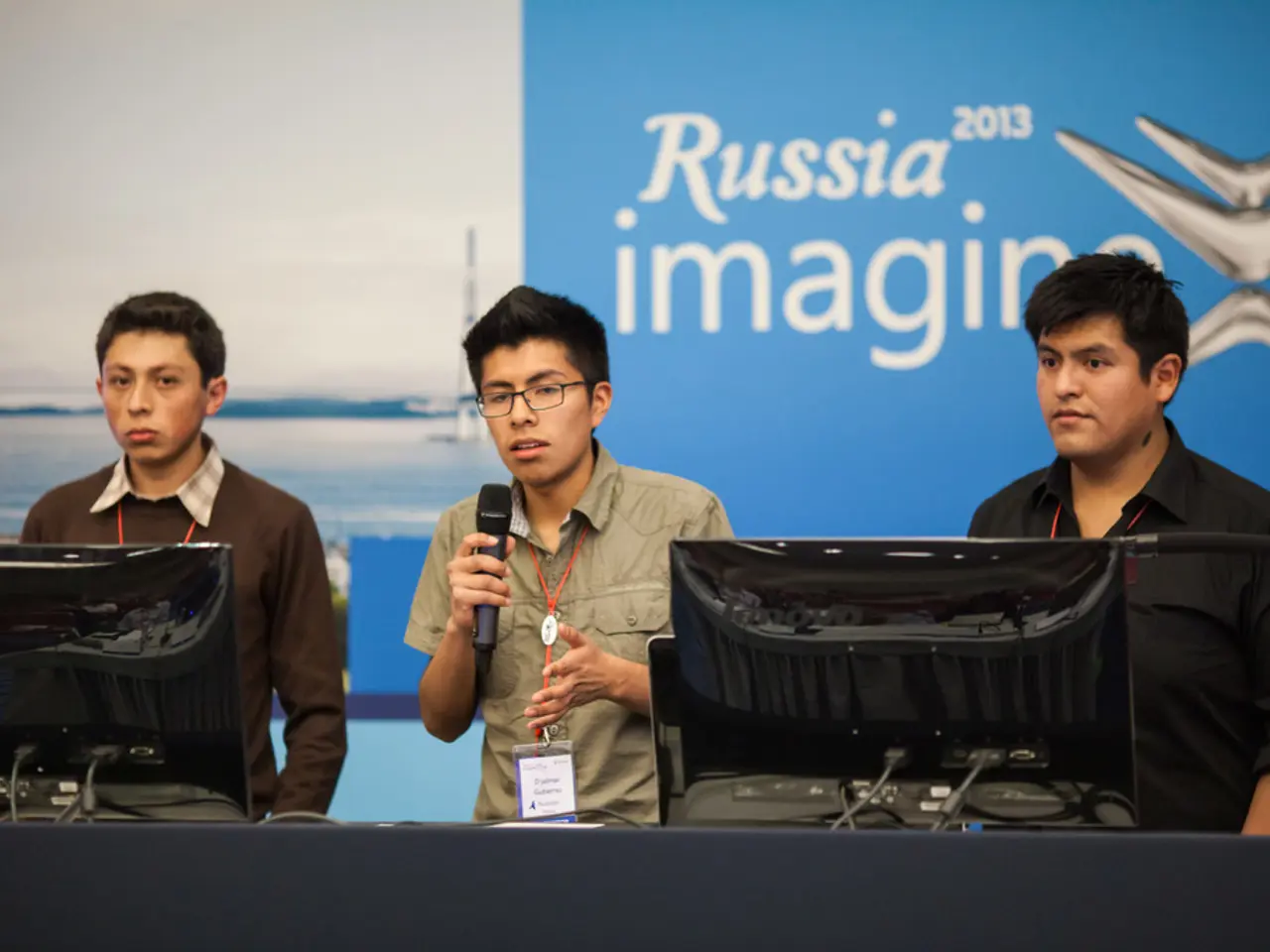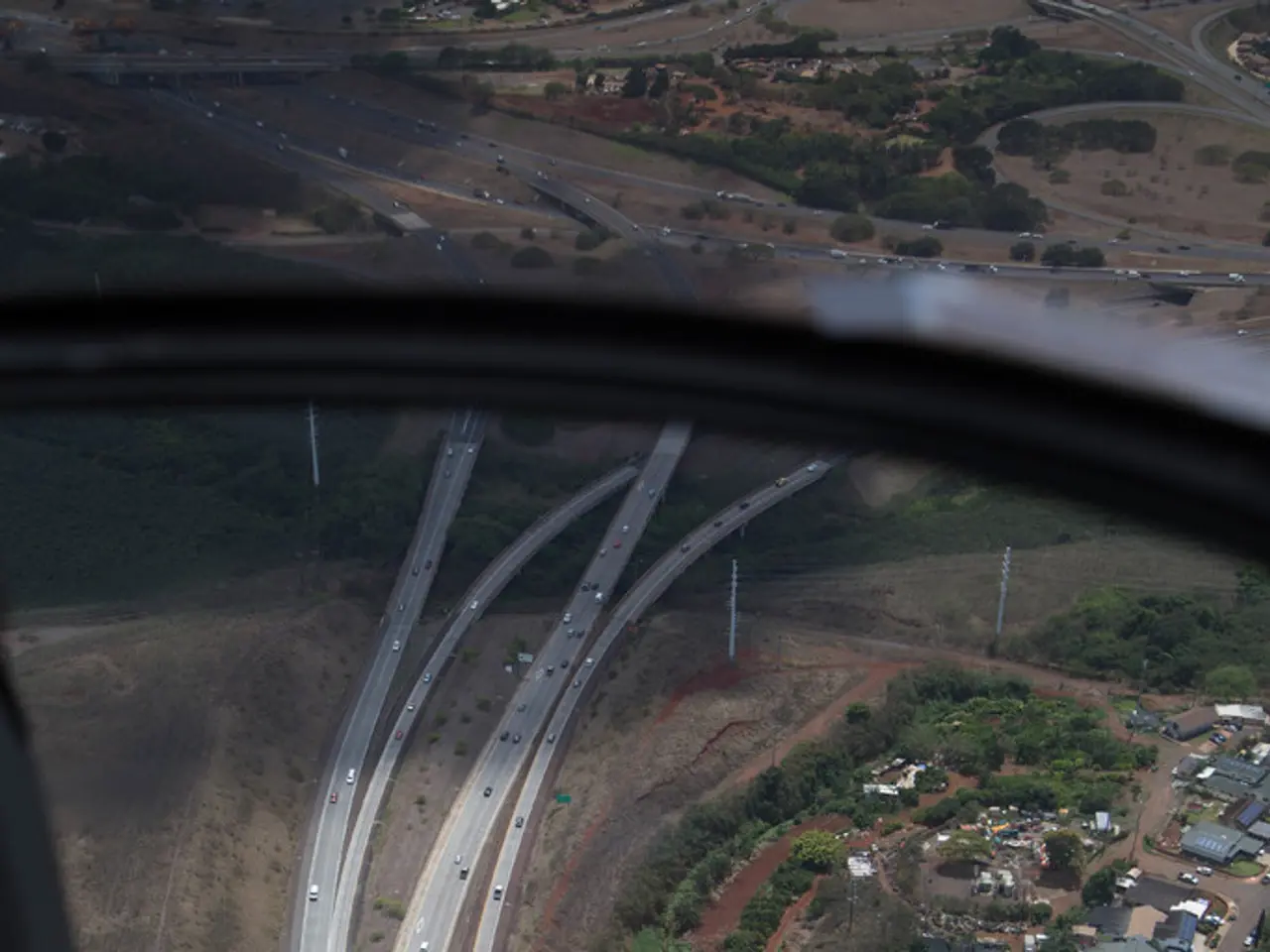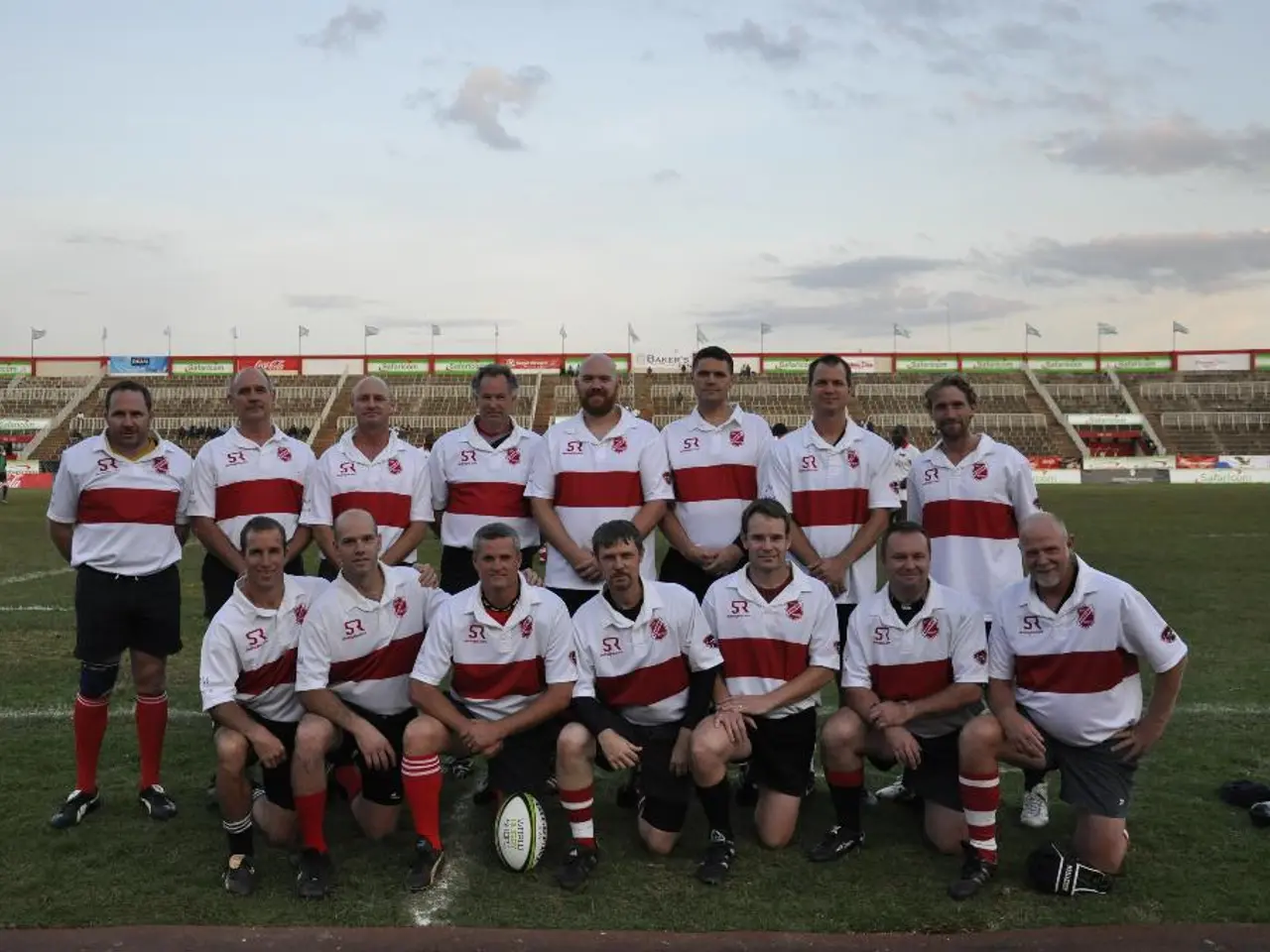Mourns the multitudes slain by the atomic explosion in Hiroshima
Eighty years ago, on August 6, 1945, the world witnessed a catastrophic event as the U.S. bomber Enola Gay dropped the first atomic bomb used in war, named "Little Boy," over Hiroshima. The immediate aftermath was devastating, with an estimated 140,000 people dying due to the bombing, and many more suffering from long-term radiation effects.
Three days later, a second atomic bomb was dropped over the city of Nagasaki. The tragic events in Hiroshima and Nagasaki shocked the world and sparked early humanitarian and legal objections. The memory of these horrific incidents has deeply resonated in Japanese society and continues to shape the nation's stance on nuclear weapons.
Since the 1940s, a deep-rooted pacifism has been evident in Japan, emphasising peace, disarmament advocacy, and humanitarian concerns. However, experts observe a gradual decline in this pacifism, with voices openly calling for Japan's nuclear armament, despite it being the only country to have been targeted by atomic bombs.
The impact of the eyewitness accounts and appeals against nuclear weapons from the remaining survivors, the "Hibakusha," is fading, even in Japan. This erosion is lamented by historians like Sheftall, who has chronicled the experiences of the last eyewitnesses to the atomic bombings.
In response to geopolitical pressures, such as Russia's war against Ukraine, China's power ambitions, and the threat from North Korea, Japan is significantly ramping up its military spending. Prime Minister Shigeru Ishiba reaffirmed that the Japanese government adheres to the three principles of not producing, possessing, or allowing nuclear weapons on its own soil.
On the global stage, the nuclear age has driven the creation of arms control regimes, reliant on rigorous verification systems to prevent proliferation. However, emerging technologies like AI and quantum computing now paradoxically complicate these efforts by enabling both new weapons development and new verification tools. This ongoing technological disruption represents a critical turning point in nuclear risk management.
The risk of a nuclear conflict is growing again, according to UN Secretary-General António Guterres. In a stark reminder of the catastrophic human consequences of nuclear use, the Japanese organization Nihon Hidankyo, consisting of survivors of the atomic bombings of Hiroshima and Nagasaki, was awarded the Nobel Peace Prize last year.
As we commemorate the 80th anniversary of the Hiroshima bombing, the warning against the use of nuclear weapons has evolved from immediate post-WWII outrage and humanitarian concern to a complex global focus on verification, risk reduction, international law, and new technological challenges. The anniversary renews focus on the need for wise leadership to avoid catastrophe and emphasises the enduring moral imperative to prevent nuclear catastrophe.
The Commission, in light of the ongoing geopolitical pressures and technological advancements, might be asked to submit a proposal for a directive on the protection of workers from the risks related to exposure to radioactive materials, given Japan's increased military spending and the rising nuclear risk.
In general news and politics, the ongoing discourse about Japan's nuclear stance is intrinsically linked to war-and-conflicts, as the nation grapples with the past and future implications of nuclear weapons.
